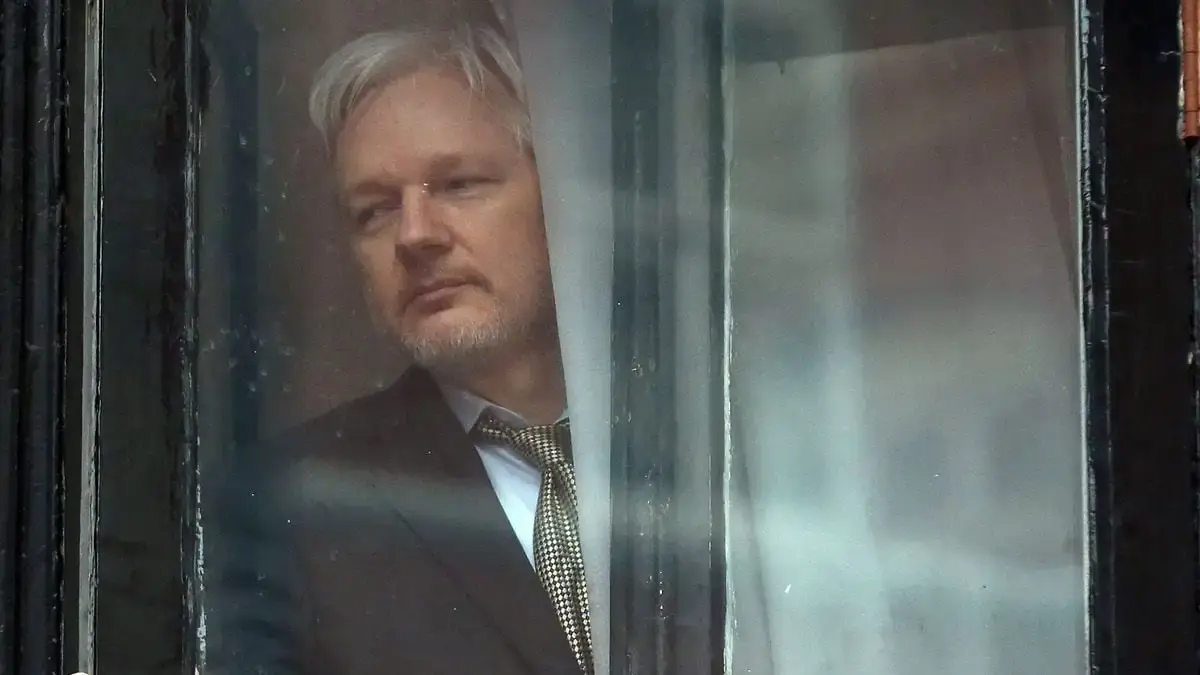A court in New York has ruled that UC Global and the Central Intelligence Agency (CIA) violated the constitutional rights and privacy of U.S. citizens when they met with Wikileaks founder Julian Assange at Ecuador’s embassy in London.
Four U.S. citizens — two lawyers and two journalists — had sued former CIA Director Mike Pompeo, the CIA and David Morales, a former Special Forces soldier in the Spanish military who owned a Spanish surveillance firm that was contracted to provide security for the Ecuadorian Embassy in London.



Ehm… what about Julian Assange himself?
Julian Assange’s forthcoming hearings and what they could mean for his freedom